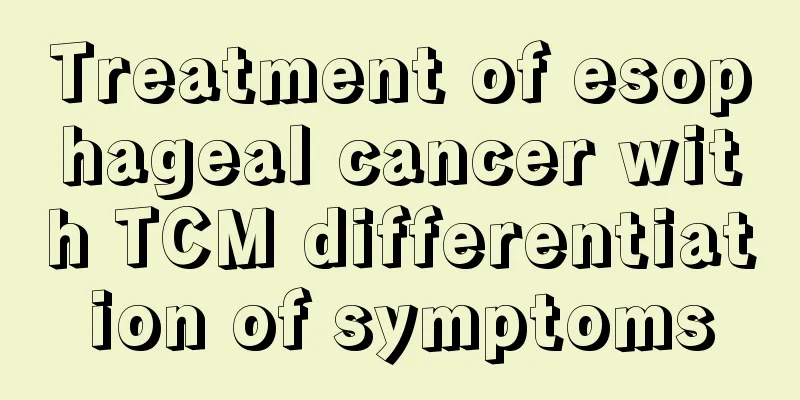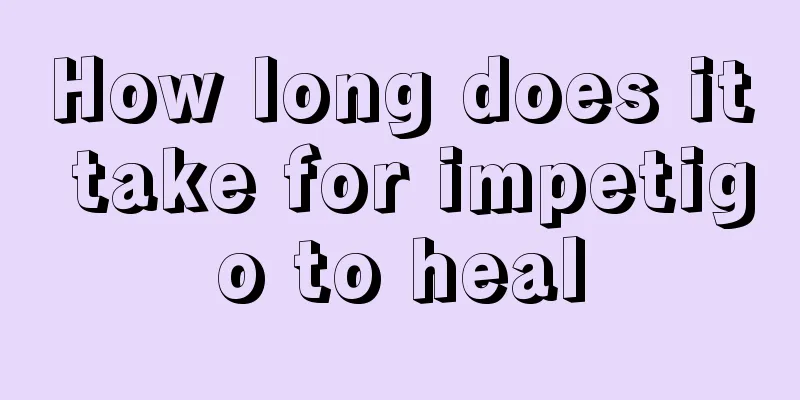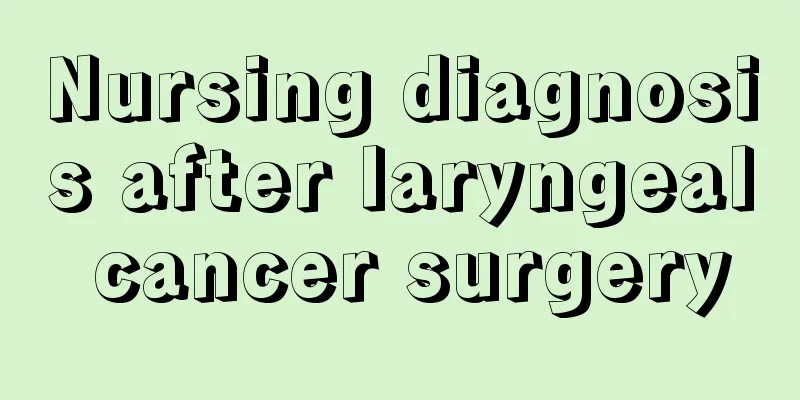Postoperative mental abnormality

|
For people who have just undergone surgery, it will be very difficult to recover from the traumatic area, and the pain will be very severe after the operation. They will still be in a weak state and on the verge of mental collapse, which will lead to a very unstable mental state and even sentimentality. They are very worried about relapse after the operation. Many people have abnormal mental states after surgery, so they should do appropriate prevention and care to avoid worsening of the condition. reason ⒈ Patient’s own factors: It is generally believed that patients with unstable emotions and sentimentality are prone to acute mental disorders after surgery. ⒉ Surgical factors: The incidence of acute postoperative mental disorders in open heart surgery under extracorporeal circulation is much higher than that in other surgeries. The main reason is that extracorporeal circulation may cause cerebral embolism or cerebral hypoperfusion. In addition, the incidence of postoperative mental disorders is also high after neurosurgery, more traumatic thoracic and abdominal surgery, and hip replacement. ⒊Anesthetic factors: It is currently believed that there is no obvious correlation between anesthesia methods and postoperative mental disorders. However, extremely low concentrations of residual anesthetic drugs after surgery may affect neurological function. Anticholinesterase drugs such as scopolamine can interfere with the storage process of information in the brain, leading to memory impairment; propofol slightly reduces orientation, self-control and comprehension; ketamine has specific dual effects of inhibition and excitation on the central nervous system. ⒋ Perioperative management: Excessive blood pressure fluctuations, hypoxemia, hyperventilation, blood loss or extreme hemodilution during surgery affect cerebral blood flow and oxygen supply, and have a direct or indirect impact on postoperative mental disorders. In addition, postoperative pain and changes in sleep cycles are also triggers of acute postoperative mental disorders. examine Brain dysfunction occurs after surgery, mainly manifested in impaired consciousness, cognitive impairment and psychomotor abnormalities. Postoperative symptoms include apathy, nightmares, hallucinations, delirium and other adverse mental reactions Differential Diagnosis Differential diagnosis of acute postoperative psychiatric disorders: 1. Brain organic mental disorders: Brain organic mental disorders refer to mental disorders caused by brain infection, degeneration, vascular disease, trauma, tumor and other lesions, also known as brain organic psychosis. As human life expectancy increases, the elderly population gradually increases, and the incidence of organic brain disorders also increases significantly. 2. Organic mental disorder: Organic mental disorder is a group of mental disorders based on verifiable brain disease, brain damage or other damage as the cause. Mental disorders can be primary, such as diseases, injuries and damage that directly and selectively affect the brain; or they can be secondary, such as certain systemic diseases and disorders, in which the brain is only one of multiple organs or systems affected. The term symptomatic mental disorders refers to the latter subgroup. See: organic psychiatric syndrome. 3. Mental disorders caused by psychoactive substances: Mental disorders related to psychoactive substances (referred to as substances) can be divided into two categories: one is psychoactive substance use disorder (substance dependence disorder and substance abuse), and the other is disorders caused by psychoactive substances, including: psychoactive substance poisoning, psychoactive substance withdrawal reaction, psychoactive substance-induced delirium, persistent dementia caused by psychoactive substances, persistent amnesia disorder caused by psychoactive substances, psychotic disorders caused by psychoactive substances, mood disorders caused by psychoactive substances, anxiety disorders caused by psychoactive substances, sexual dysfunction caused by psychoactive substances and sleep disorders caused by psychoactive substances. 4. Mental disorders caused by non-dependent substances: Mental disorders caused by non-dependent substances (mentaldsordersusedbynn-ependentsbstances). Certain non-dependent substances such as hormones, isoniazid, benzene, organophosphorus, etc. come from outside the body. Although they do not produce psychological or physiological dependence, they can affect the individual's mental state and produce psychotic symptoms, which are often confused with schizophrenia. |
<<: How to choose a hearing aid_How do the elderly choose a hearing aid
>>: What is the best medicine for mental breakdown
Recommend
Can I still get pregnant with stage 2 colon cancer
Can you still get pregnant if you have stage 2 co...
Can pregnant women smell the scent of gardenia?
Can pregnant women smell the scent of gardenia? Y...
What are the common complications of colorectal cancer
Epidemiological data from around the world show t...
Elbow pain when arm is straightened
The importance of the elbow joint is self-evident...
What to do if you are too excited to sleep
Being frequently too excited to fall asleep is co...
Can chemotherapy be used for advanced nasopharyngeal carcinoma?
Can chemotherapy be used for advanced nasopharyng...
What are the side effects of prednisone?
There are various chemical drugs that people ofte...
I found that I had a breast lump and I might have breast cancer
If you find that you have a breast lump, you may ...
What are the methods for pickling water radish pickles
There are many ways to eat water radish. It can b...
What are the dangers of having bone cancer
What are the dangers of bone cancer? Bone cancer ...
Foot deformity and valgus
We often see many mothers bringing their children...
How to prevent eye bags
Bags under the eyes bother many people, and there...
How much does a cervical cancer smear screening cost
When it comes to diseases suffered by women, we s...
What is the best way to massage breasts
Whether it is men or women, the chest is a very i...
Explore the most common early symptoms of melanoma
Melanoma is a common skin disease in our daily li...









